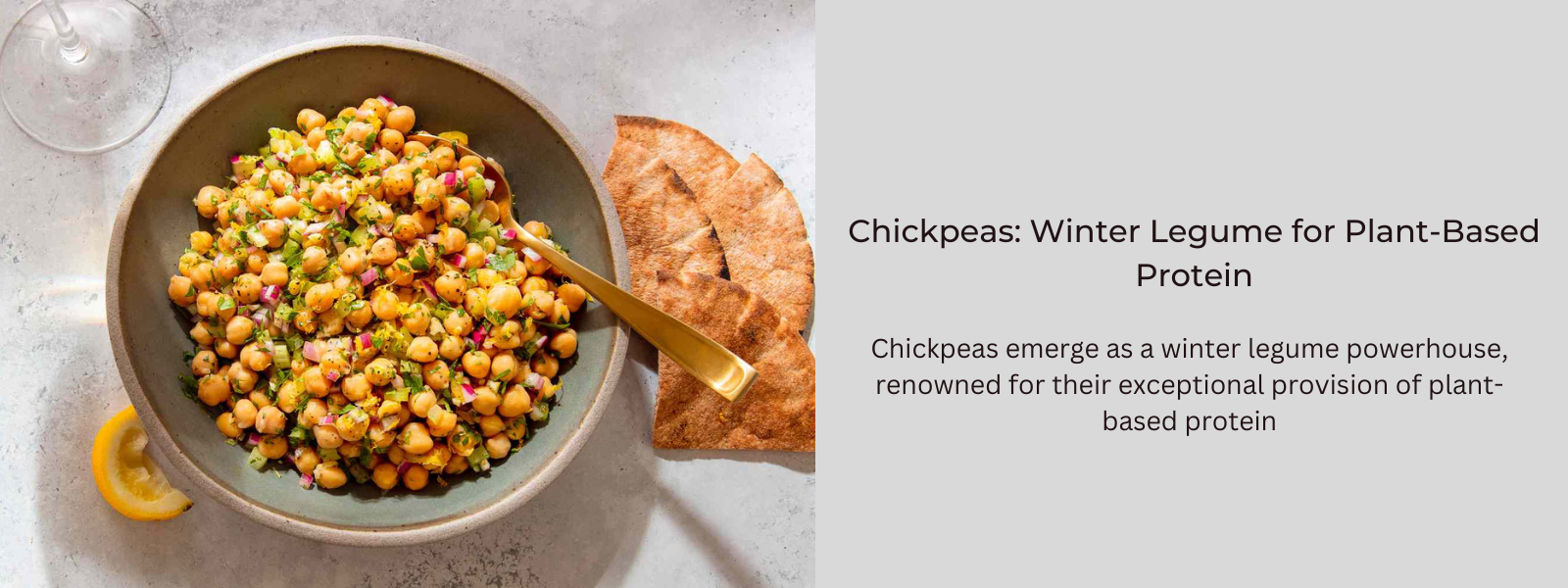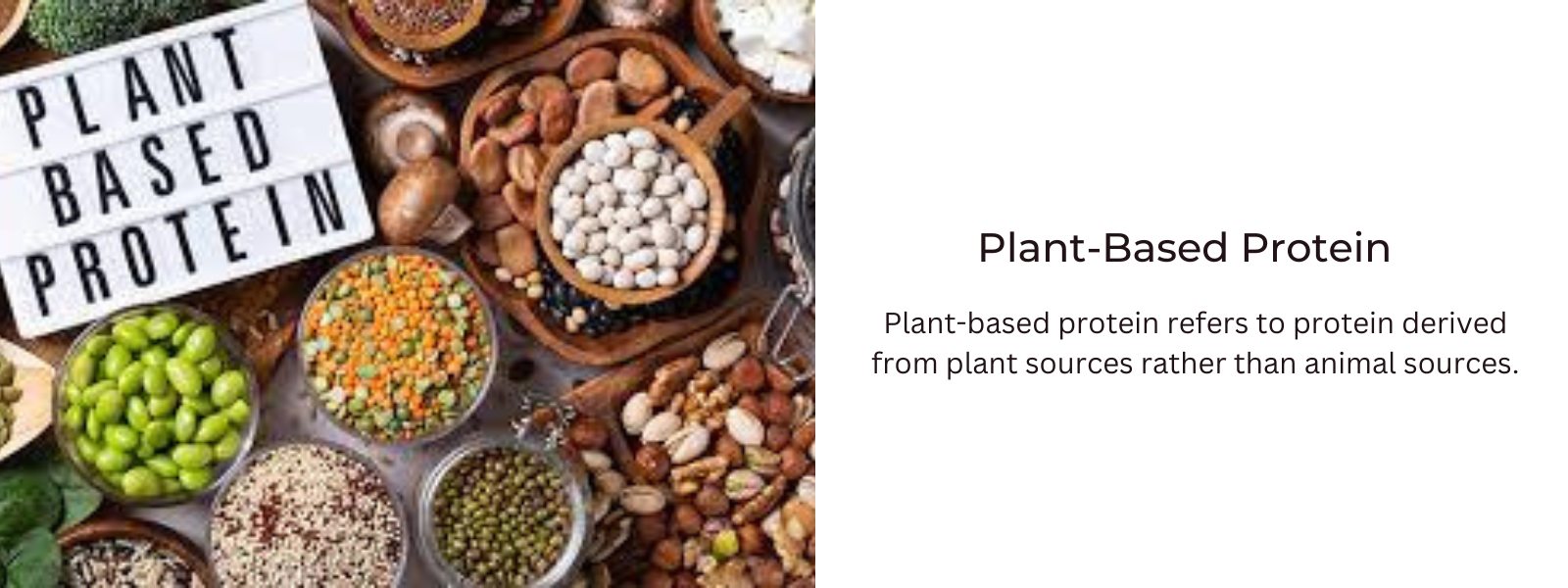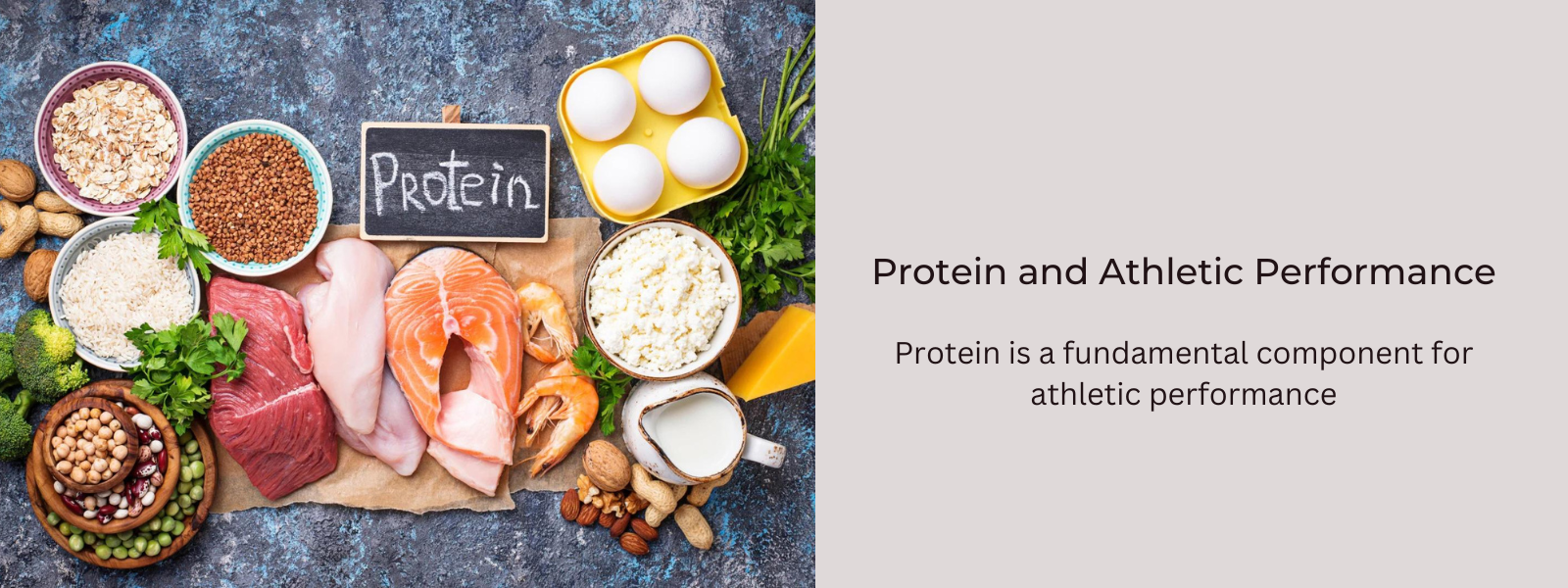Table of Contents
Protein plays a crucial role in supporting joint health, contributing to mobility and flexibility. Collagen, a structural protein, is a primary component of connective tissues such as tendons, ligaments, and cartilage that surround and support joints. Consuming protein-rich foods supports the synthesis of collagen, promoting the structural integrity and elasticity of these connective tissues. Adequate protein intake also provides essential amino acids, which are vital for the repair and maintenance of joint structures. In addition, proteins contribute to the overall health of muscles surrounding the joints, providing strength and stability. Including a variety of protein sources in the diet, such as lean meats, fish, dairy products, and plant-based proteins, helps ensure a comprehensive supply of amino acids necessary for joint health. Supporting joint health through proper protein consumption is crucial for maintaining an active and mobile lifestyle, reducing the risk of stiffness, and promoting overall musculoskeletal well-being.
How Does Protein Support Joint Health?
Protein plays a pivotal role in supporting joint health, significantly contributing to mobility and flexibility. The primary mechanism through which protein influences joint health is the synthesis and maintenance of collagen, a structural protein that forms a crucial component of connective tissues in and around joints.
- Collagen Synthesis:
- Role: Collagen is the most abundant protein in the body and is integral to the structure of tendons, ligaments, cartilage, and other connective tissues in joints.
- Effect: Adequate protein intake supports the synthesis of collagen, promoting the structural integrity and elasticity of these tissues. Collagen provides the framework that allows joints to move smoothly, enhancing flexibility and reducing the risk of injury.
- Amino Acids for Tissue Repair:
- Role: Amino acids, the building blocks of proteins, are essential for tissue repair and regeneration.
- Effect: Proteins provide the necessary amino acids for repairing and maintaining joint structures. This is particularly crucial for individuals engaged in physical activities or those experiencing wear and tear on joints over time.
- Muscle Support:
- Role: Proteins contribute to muscle health, which is closely linked to joint function.
- Effect: Strong and well-supported muscles surrounding joints provide stability and support. Protein-rich foods aid in muscle development and maintenance, reducing the load on joints during movement and enhancing overall joint function.
- Reducing Inflammation:
- Role: Some proteins and amino acids possess anti-inflammatory properties.
- Effect: Chronic inflammation is associated with joint pain and stiffness. By including anti-inflammatory proteins in the diet, such as those found in fatty fish and certain plant-based sources, individuals may help mitigate inflammation and support joint comfort.
- Diverse Protein Sources:
- Role: Consuming a variety of protein sources ensures a comprehensive supply of essential amino acids.
- Effect: Including lean meats, fish, dairy products, legumes, nuts, and seeds in the diet provides a diverse range of amino acids necessary for overall joint health. Different protein sources also bring additional nutrients, further supporting joint function.
Protein’s Role In Mobility and Flexibility:
Protein plays a pivotal role in supporting mobility and flexibility through its involvement in maintaining joint health. Collagen, a key structural protein abundant in connective tissues, including tendons and ligaments, is crucial for the integrity and elasticity of joints. Adequate protein intake supports the synthesis of collagen, contributing to the structural strength of these tissues and enhancing joint flexibility. Additionally, proteins provide essential amino acids necessary for tissue repair and maintenance, particularly relevant for individuals engaged in physical activities. Strong and well-supported muscles surrounding joints, fostered by protein-rich foods, provide stability and support, reducing strain during movement and promoting overall joint function. Moreover, certain proteins exhibit anti-inflammatory properties, helping mitigate inflammation that may impact joint comfort. Including a diverse range of protein sources in the diet ensures a comprehensive supply of nutrients that collectively support joint health, contributing to improved mobility and flexibility.
Best Protein-Rich Food For Joint Health:
Several protein-rich foods contribute to joint health by providing essential nutrients for collagen synthesis, tissue repair, and overall joint function. Here are some of the best protein-rich foods that support joint health:
- Fatty Fish: Salmon, mackerel, and trout are rich in omega-3 fatty acids, which have anti-inflammatory properties and contribute to joint health. The protein content in fish supports muscle development around the joints.
- Chicken: Lean poultry, such as chicken breast, is a good source of high-quality protein. It provides essential amino acids for tissue repair and muscle support, benefiting overall joint function.
- Turkey: Similar to chicken, turkey is a lean protein source that supports muscle health and provides essential nutrients for joint maintenance.
- Bone Broth: Made by simmering animal bones, bone broth is rich in collagen, gelatin, and amino acids that support joint health. Collagen is a key component of connective tissues.
- Greek Yogurt: High in protein and often lower in sugar compared to regular yogurt, Greek yogurt provides amino acids necessary for muscle and joint health. It also contains calcium, which is beneficial for bone health.
- Eggs: Eggs are a complete protein source, providing all essential amino acids. They also contain sulfur, which is essential for the production of collagen.
- Beans and Legumes: Plant-based protein sources like beans, lentils, and chickpeas offer protein along with fiber and antioxidants, supporting overall joint health.
- Nuts and Seeds: Almonds, walnuts, chia seeds, and flaxseeds provide protein, healthy fats, and anti-inflammatory properties. They contribute to joint health by supporting overall joint function.
- Quinoa: This whole grain is a complete protein source, offering all essential amino acids. It also provides fiber and various nutrients that support overall well-being.
- Tofu and Tempeh: These plant-based protein sources are rich in amino acids and can be excellent alternatives for those following a vegetarian or vegan diet.
Plant-Based or Animal-Based- Best Source Of Protein
Both plant-based and animal-based protein sources can contribute to joint health, but they offer different nutritional profiles and potential benefits. The choice between plant-based and animal-based sources often depends on individual preferences, dietary restrictions, and overall health considerations. Here's a comparison of both:
Animal-Based Protein:
- Collagen Content: Collagen, a protein critical for joint health, is predominantly found in animal connective tissues such as skin, bones, and tendons.
- Complete Proteins: Animal sources, such as meat, poultry, fish, and dairy, generally provide complete proteins containing all essential amino acids necessary for tissue repair and muscle maintenance.
- Bioavailability: Animal-based proteins are often considered more bioavailable, meaning the body can absorb and utilize the amino acids more efficiently.
Plant-Based Protein:
- Anti-Inflammatory Properties: Many plant-based sources, such as legumes, nuts, seeds, and certain grains, contain anti-inflammatory compounds that may benefit joint health by reducing inflammation.
- Fiber and Nutrients: Plant-based proteins often come with additional fiber, vitamins, and minerals that contribute to overall health and may indirectly support joint function.
- Heart Health: A plant-based diet is associated with heart health, which is essential for overall cardiovascular well-being, potentially benefiting joint health.
Considerations:
- Dietary Preferences: Individuals with dietary preferences or restrictions, such as vegetarians and vegans, may opt for plant-based sources.
- Digestive Sensitivities: Some people may experience digestive sensitivities to certain animal proteins, leading them to choose plant-based alternatives.
- Balanced Approach: A balanced diet that incorporates a variety of protein sources, whether plant-based or animal-based, is often recommended for overall health and well-being.










Leave a comment